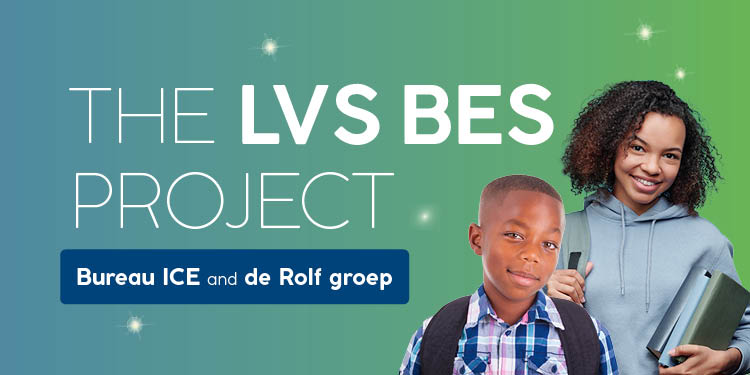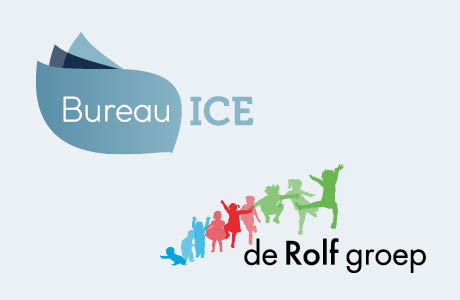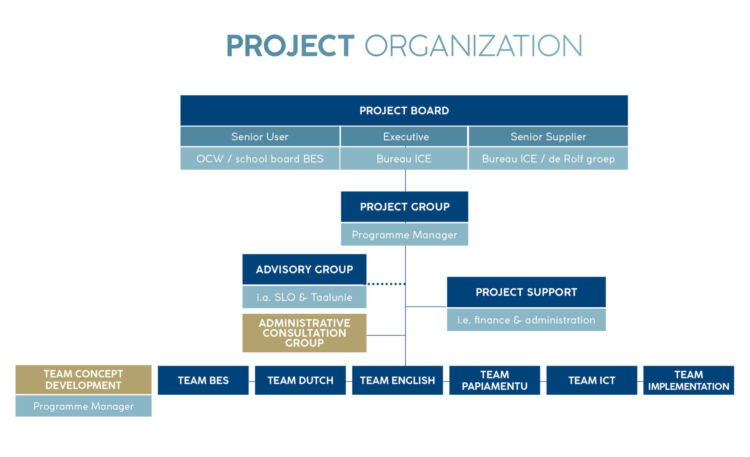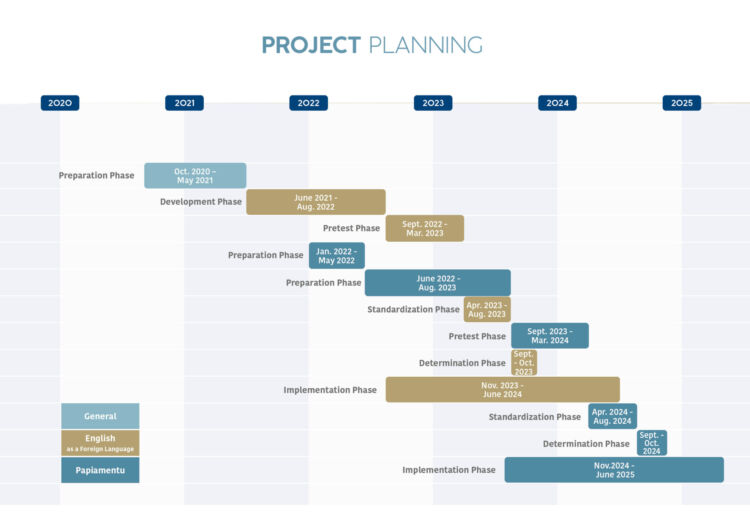What is the Project LVS BES? In 2020, the Ministry of Education, Culture and Science issued a tender for the development of language tests for Bonaire, St Eustatius and Saba. Bureau ICE and the Rolf group together won this tender.
The aim of the project is to give teachers insight into the language level of their students for Dutch as a Foreign Language, English, Papiamentu and Basic Math. The development of the students is tracked in a Pupil Monitoring System (PMS, LVS in Dutch) where their progress is displayed on a dashboard. With the help of the reports on that dashboard, the teacher can pay extra attention to the learning components that the students do not yet fully master at the desired level.
The tests are taken by pupils in primary education (from group 3) and the lower years of secondary education.






